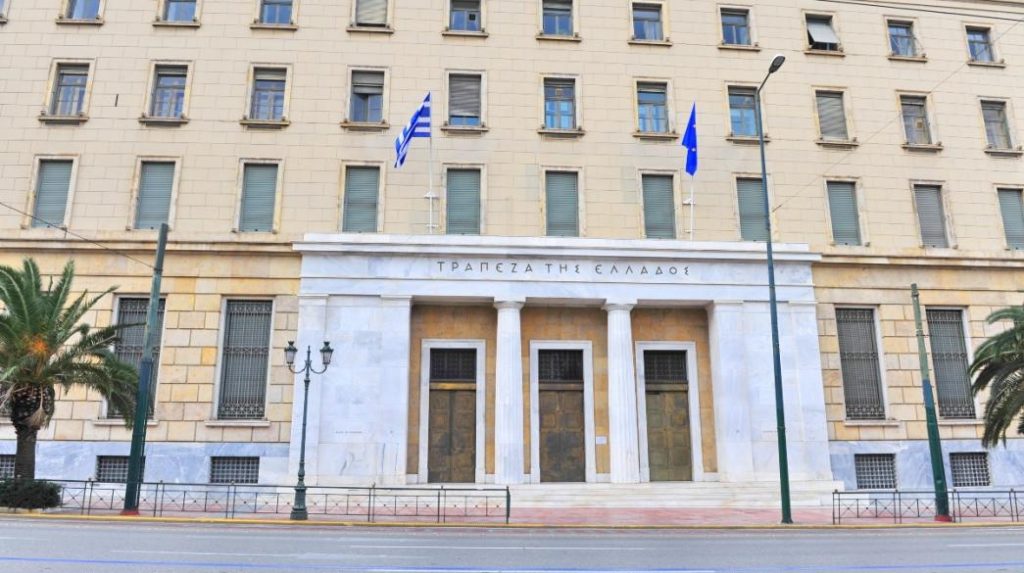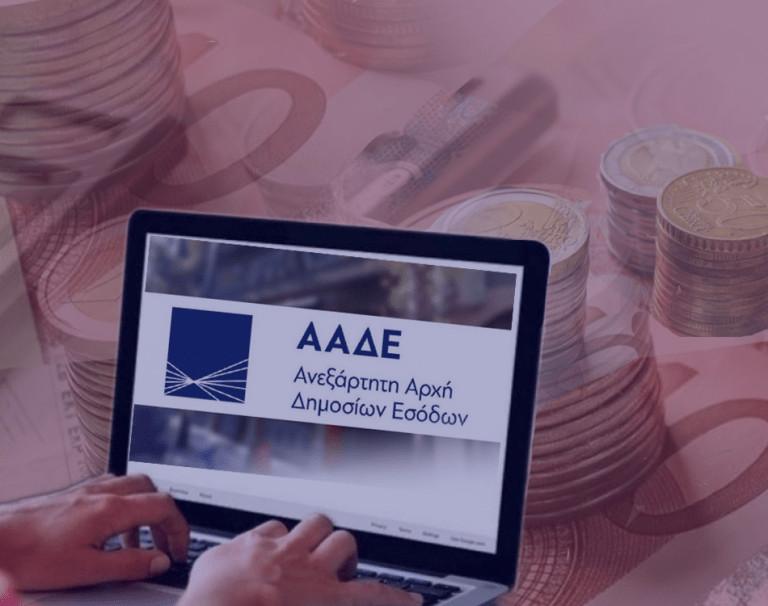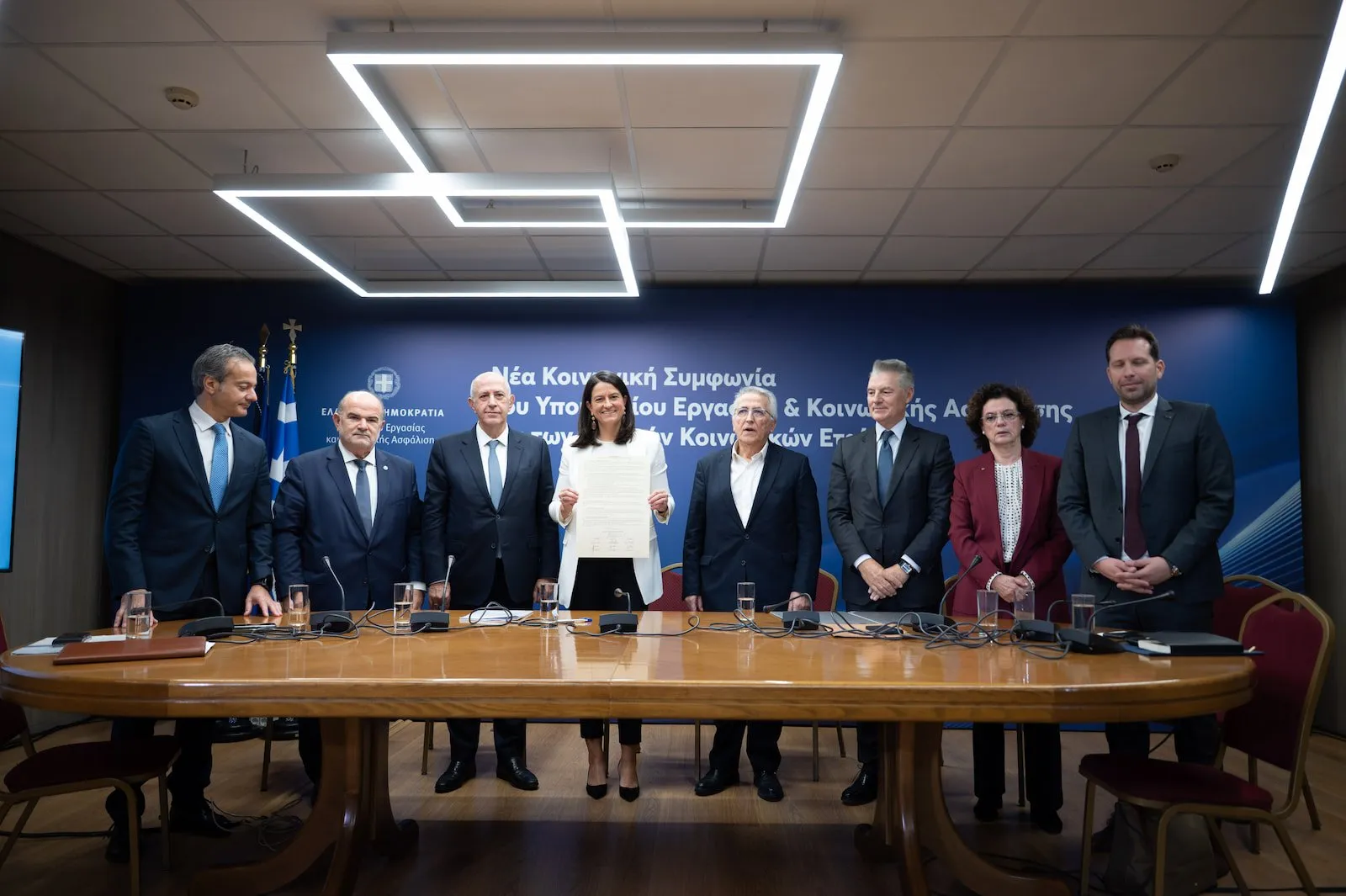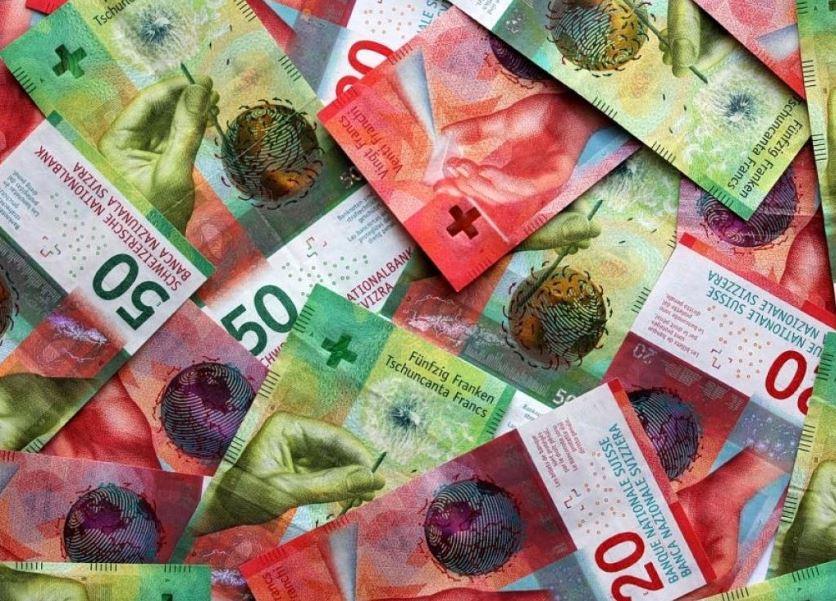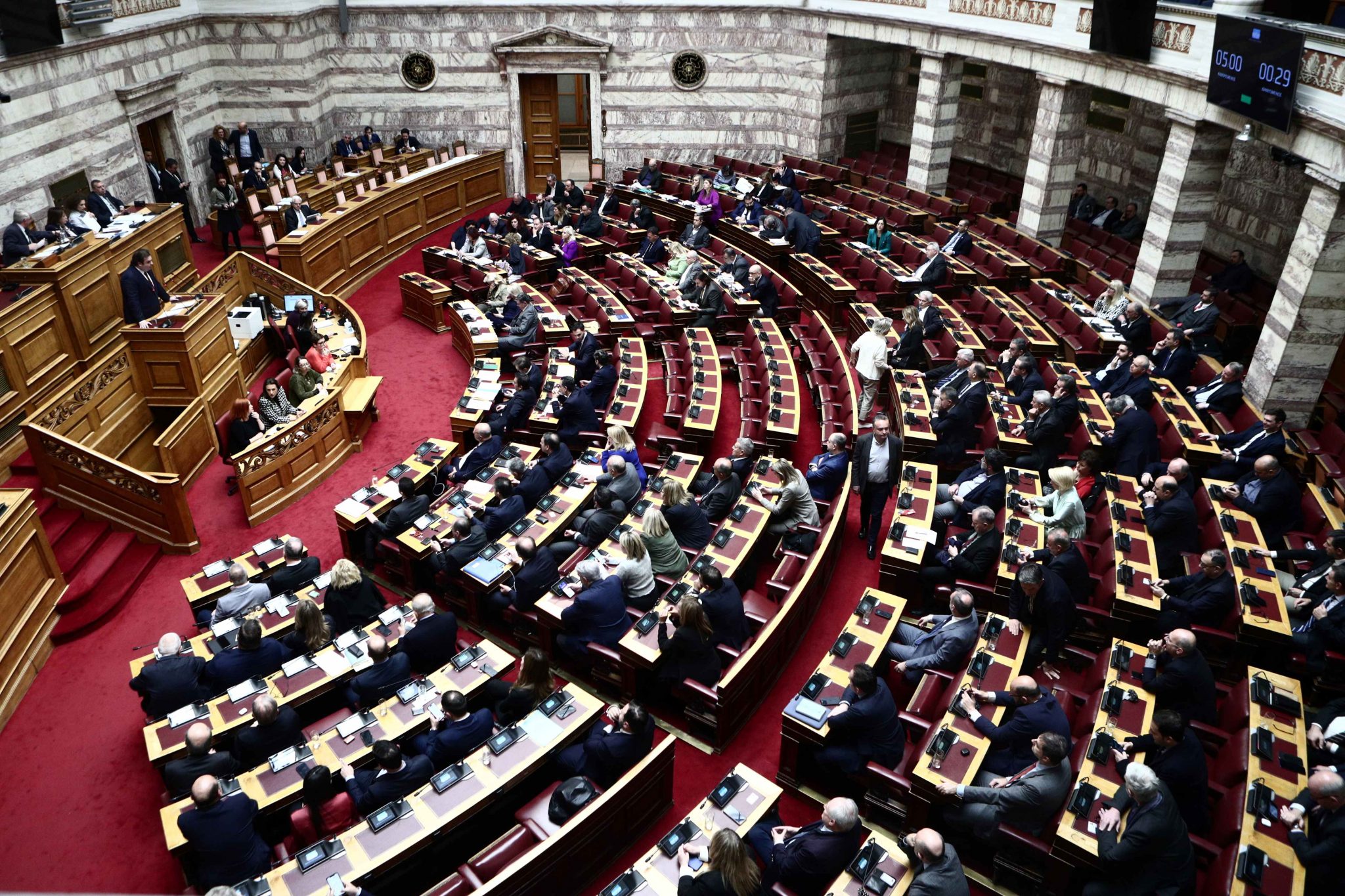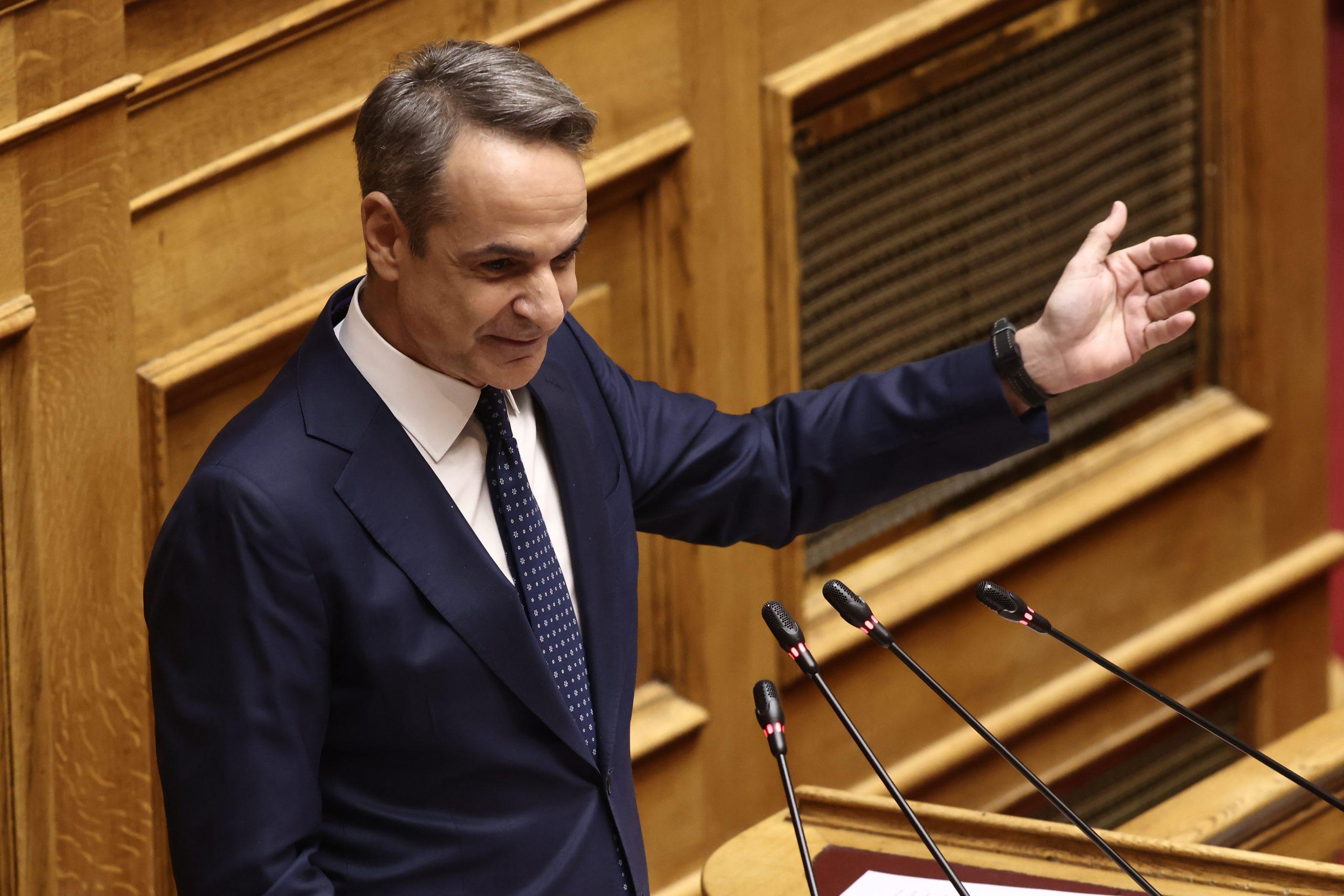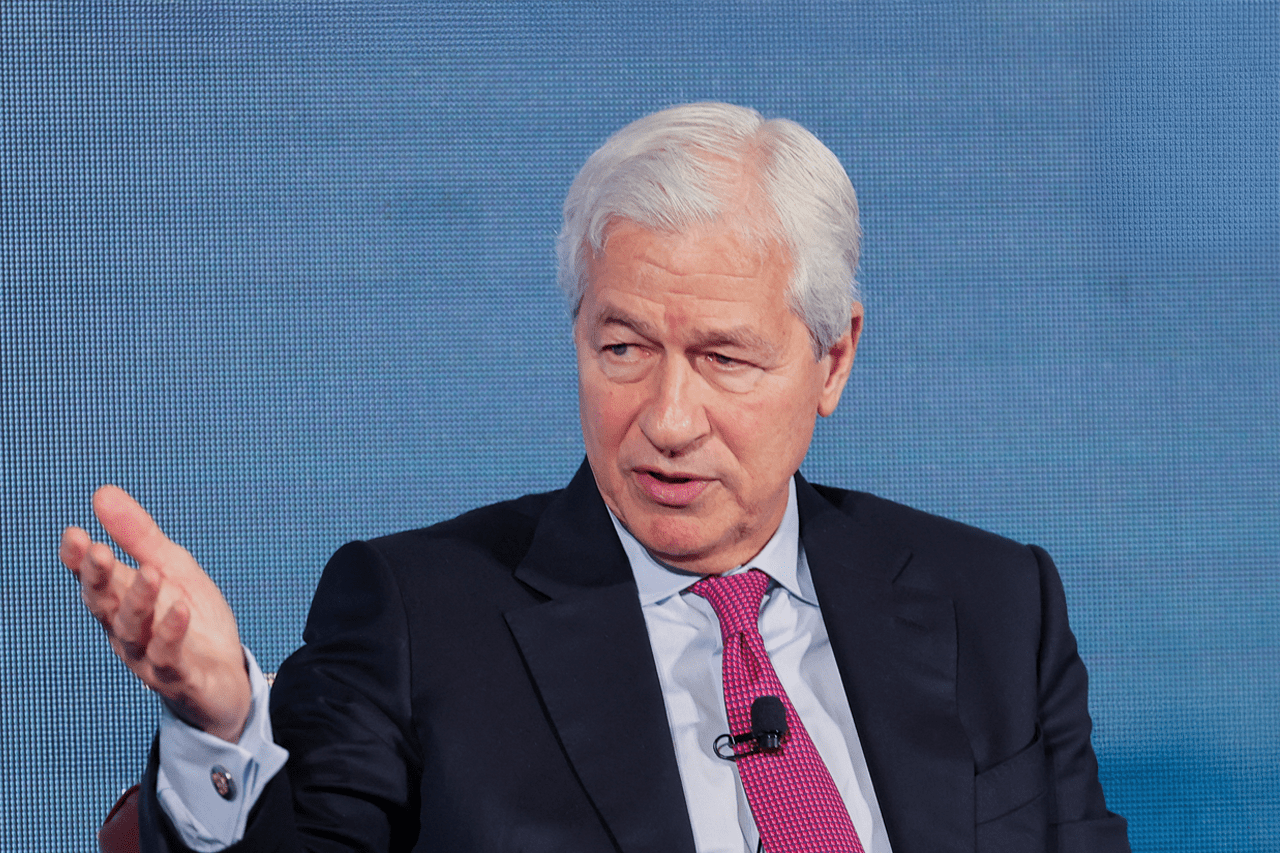In December 2022, the current account deficit increased year‑on‑year, mainly due to a deterioration of the secondary income account and, to a lesser extent, the balance of services and the primary income account, which was partly offset by an improvement in the balance of goods.
In 2022, the current account deficit increased year‑on‑year, chiefly owing to a worsening of the balance of goods, as well as of the primary and the secondary income account, which was offset to a degree by an improvement in the balance of services.
Current account
In December 2022, the current account deficit recorded an increase of €385.9 million year‑on‑year and stood at €2.7 billion.
A drop in the deficit of the balance of goods is accounted for by a larger increase in exports than in imports. Exports grew by 26.5% at current prices (6.8% at constant prices) and imports rose by 9.2% at current prices (0.2% at constant prices). Specifically, non‑oil exports of goods increased by 17.4% at current prices (4.0% at constant prices) and non‑oil imports of goods by 3.4% at current prices (-1.9% at constant prices).
A decrease in the services surplus is mainly attributable to a deterioration of the transport balance, as well as a slight worsening of the travel and other services balances. Non‑residents’ arrivals rose by 52.5% and the relevant receipts by 32.8% year‑on‑year. It should be noted that arrivals and receipts stood at 83.8% and 83.9%, respectively, of their December 2019 levels.
The primary income account registered a small deficit, against a surplus in the corresponding month a year earlier, mainly on the back of higher net interest, dividend and profit payments. The surplus of the secondary income account fell year‑on‑year, as the general government balance registered net payments instead of net receipts.
In 2022, the current account deficit increased by €7.9 billion year‑on‑year and stood at €20.1 billion.
A rise in the deficit of the balance of goods is accounted for by a larger increase in imports than in exports. Exports grew by 36.1% at current prices (4.3% at constant prices) and imports increased by 40.1% at current prices (16.9% at constant prices). Specifically, non‑oil exports and imports of goods grew by 23.3% and 23.6%, respectively, at current prices (7.0% and 15.5% at constant prices).
An increase in the surplus of the services balance is due to an improvement of, primarily, the travel balance and, secondarily, the transport and other services balances. Non‑residents’ arrivals grew by 89.3% and the relevant receipts by 67.9% year‑on‑year, corresponding to 88.8% and 97.0% of their respective levels in 2019. Net transport receipts increased by 5.6%.
The primary income account registered a deficit, against a surplus in 2021, mainly on the back of higher net interest, dividend and profit payments. The secondary income account also recorded a deficit, against a surplus in 2021, as the general government balance registered net payments instead of net receipts.
Capital account
In December 2022, the capital account surplus decreased year‑on‑year and stood at €185.6 million, mainly as a result of lower general government net receipts. In 2022, the capital account surplus declined year‑on‑year and stood at €3.1 billion, owing to lower net receipts in the general government balance.
Combined current and capital account
In December 2022, the deficit of the combined current and capital account (corresponding to the economy’s external financing requirements) increased and stood at €2.5 billion. In 2022, the deficit of the combined current and capital account increased by €8.8 billion year‑on‑year and stood at €17.1 billion.
Financial account
In December 2022, under direct investment, residents’ external assets increased by €273.7 million and residents’ external liabilities dropped by €149.1 million, without any remarkable transactions.
Under portfolio investment, a decrease in residents’ external assets is chiefly attributable to a decline of €366.0 million in residents’ holdings of foreign bonds and Treasury bills. An increase in their liabilities is mainly due to a rise of €40.0 million in non‑residents’ holdings of Greek bonds and Treasury bills.
Under other investment, a decrease in residents’ external assets is mainly due to a €1.3 billion decline in residents’ deposit and repo holdings abroad. A rise in residents’ external liabilities reflects chiefly an increase of €4.6 billion in non‑residents’ deposit and repo holdings in Greece (the TARGET account included), which was partly offset by a decline of €2.9 billion in their outstanding debt.
In 2022, under direct investment, residents’ external assets increased by €1.8 billion and residents’ external liabilities, which represent non‑residents’ direct investment in Greece, rose by €6.2 billion.
Under portfolio investment, an increase in residents’ external assets is mainly due to a rise of €9.0 billion in residents’ holdings of foreign bonds and Treasury bills. An increase in their liabilities is almost exclusively due to a rise of €1.3 billion in non‑residents’ holdings of Greek bonds and Treasury bills.
Under other investment, a drop in residents’ external assets is due to a decline of €8.1 billion in residents’ deposit and repo holdings abroad, which was partly offset by a €4.7 billion statistical adjustment associated with the issuance of banknotes. An increase in residents’ external liabilities reflects chiefly a rise of €17.7 billion in non‑residents’ deposit and repo holdings in Greece (the TARGET account included) and a €4.7 billion statistical adjustment associated with the issuance of banknotes, which were partly offset by a decline of €7.8 billion in the outstanding debt to non‑residents.
At end-December 2022, Greece’s reserve assets stood at €11.3 billion, compared with €12.8 billion at end‑December 2021.
